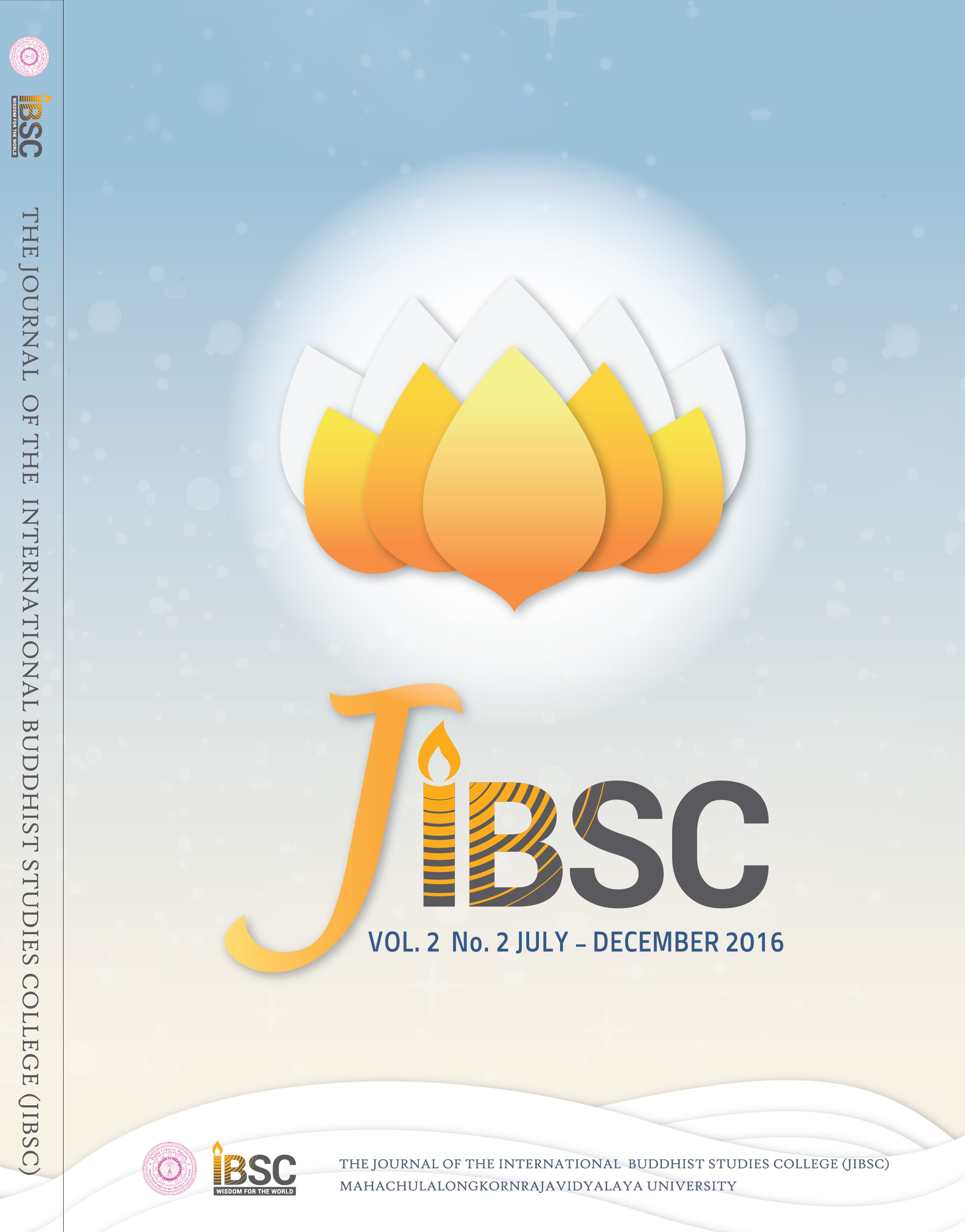MIND AND DEVELOPMENT OF MIND IN JAVANESE BUDDHIST TEXTS
Main Article Content
Abstract
Mind precedes all mental states. Mind is their chief; they are all mind-wrought. If with an impure mind a person speaks or acts suffering follows him like the wheel that follows the foot of the ox. If with a pure mind a person speaks or acts happiness follows him like his never-departing shadow.1 In Java was known Javanese value that is kejawen or kebatinan. he term kebatinan is being used interchangeably with kejawen, Agama Jawa and Kepercayaan, although they are not exactly the same: • Kebatinan: “the science of the inner”,”inwardness”,derived from the Arabic word batin, meaning “inner” or “hidden”. • Kejawen: “Javanism”, The culture and religious beliefs and practices of the Javanese people of Central Java and East Java. It is “not a religious category, but refers to an ethic and a style of life that is inspired by Javanist thinking”. • Agama Jawa: “the Javanese religion” • Kepercayaan: “belief”, “faith”, full term: Kepercayaan kepada Tuhan Yang Maha Esa, “Believer in One Mighty God”. “Kepercayaan” is an offi cial cover term for various forms of mysticism in Indonesia. According to Caldarola, it is not an apt characterization of what the mystical groups have in common”. It includes kebatinan, kejiwan and kerohanian. Kebatinan is the inner-directed cultivation of inner peace, rooted in pre-Islamic traditions, whereas kejawen is outer-directed and community-oriented, manifesting in rituals and practices.
Article Details
The Journal of TCI is licensed under a Creative Commons Attribution-NonCommercial-NoDerivatives 4.0 International (CC BY-NC-ND 4.0) licence unless otherwise stated. Please read our Policies page for more information on Open Access, copyright and permissions.


